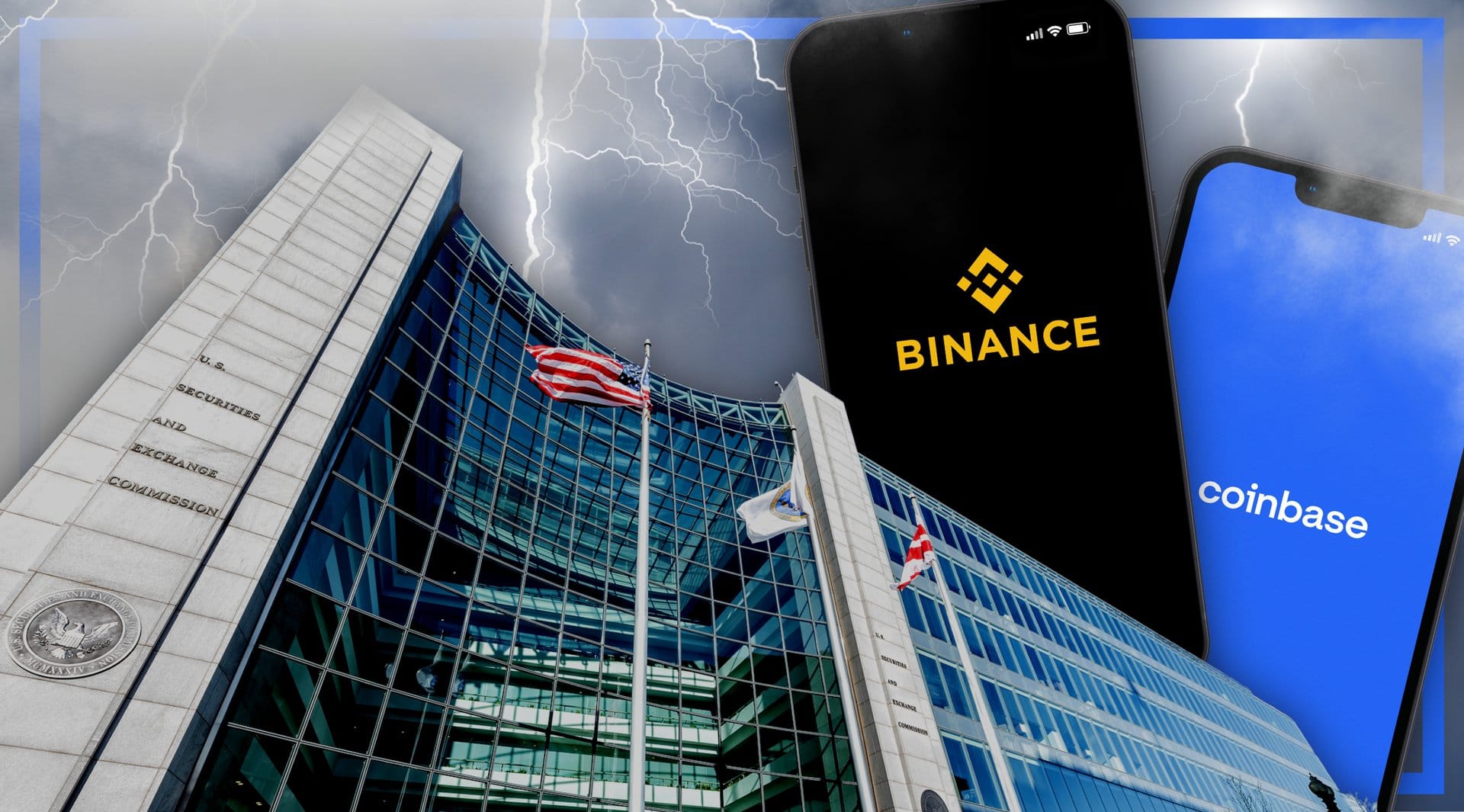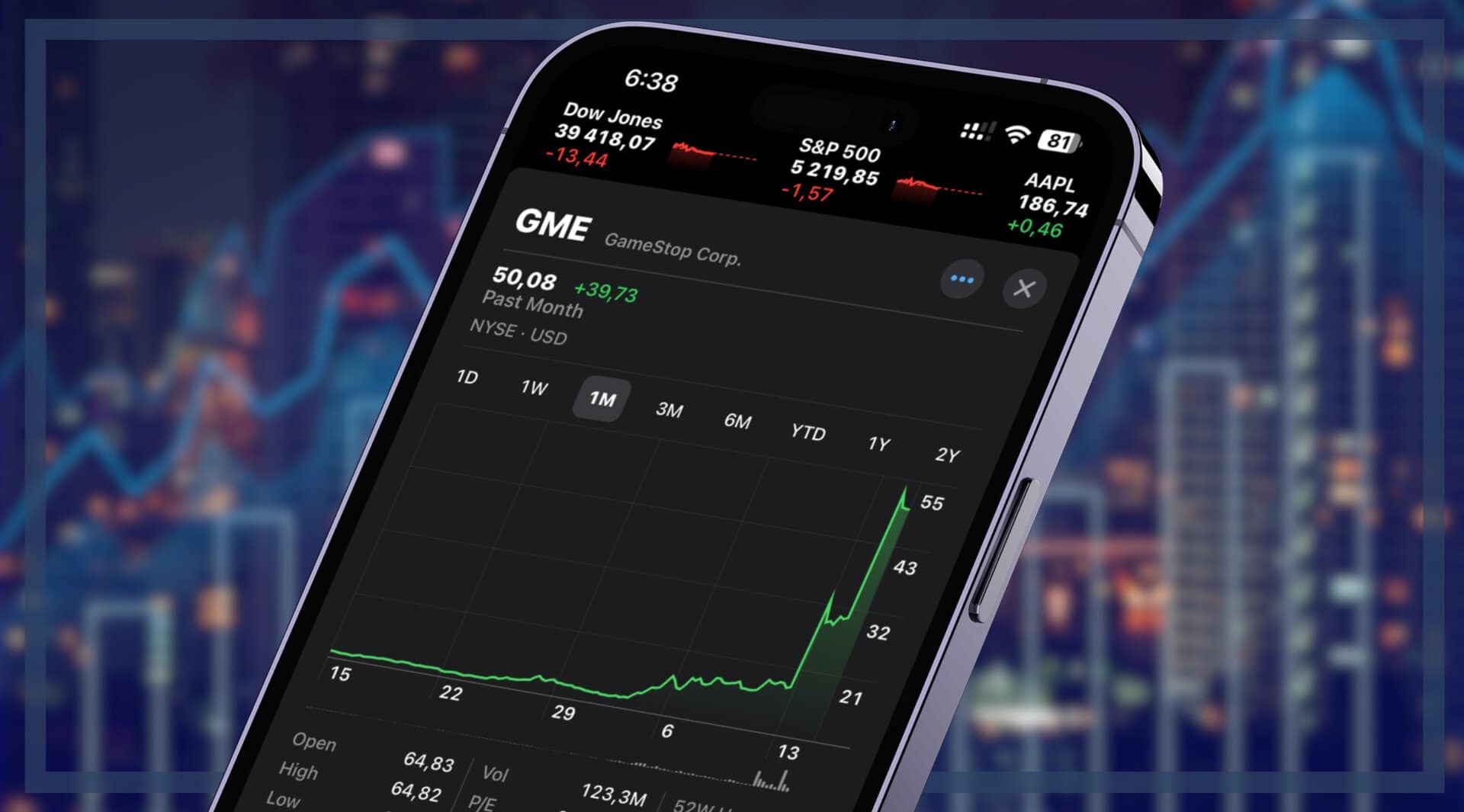The Securities and Exchange Commission (SEC) is cracking down on crypto trading platforms. Binance and Coinbase, two of the biggest crypto trading platforms worldwide, have recently been charged with multiple offences. Following the bankruptcy of FTX and Sam Bankman-Fried’s arrest, the SEC has begun investigating alleged illicit activities by trading platforms after years of calls for regulation.
Breaking News: The SEC charged Binance, the world’s largest cryptocurrency exchange, with mishandling customer funds and lying to regulators. https://t.co/NRsF9skIND
— The New York Times (@nytimes) June 5, 2023
Binance and its CEO Changpeng Zhao are accused of wash trading. This involves a user selling and buying their own assets between their own accounts to give the appearance of increased volume trading. Binance is also accused of illegally offering its US customers commodity derivatives (which allows traders to place a bet on the cryptocurrency rather than buying it directly) and not splitting the US company from the US exchange. Binance.US was created for American customers as Binance.com trades in securities which requires extensive licensing in the States.
However, the SEC has accused Zhao and Binance of having “subverted their own controls to secretly allow high-value US customers to continue trading on the Binance.com platform”. This means that, although publicly it appeared the two platforms were separate, the SEC believes Zhao was controlling the US platform. The SEC also accuses Binance of offering twelve coins without registering them.
In a statement, SEC Chair Gary Gensler said, “Through 13 charges, we allege that Zhao and Binance entities engaged in an extensive web of deception, conflicts of interest, lack of disclosure, and calculated evasion of the law. As alleged, Zhao and Binance misled investors about their risk controls and corrupted trading volumes while actively concealing who was operating the platform, the manipulative trading of its affiliated market maker, and even where and with whom investor funds and crypto assets were custodied.”
On Binance’s blog a statement reads: “any allegations that user assets on the Binance.US platform have ever been at risk are simply wrong,” and that “all user assets on Binance and Binance affiliate platforms… are safe and secure.”
Our response to the SEC's complaint.https://t.co/mgXxGTKr67
— Binance (@binance) June 5, 2023
Coinbase has also been sued by the SEC for operating as an unregistered broker and is accused of violating US securities regulations. The US based platform previously had a cooperative relationship with the SEC, with Coinbase working with the regulator to distinguish itself from other trading platforms. However, in April this year, Coinbase sued the SEC for not legalising crypto securities. Proving foundations for a working relationship between the exchanges and the regulators is difficult to sustain.
The charges have seen Binance Coin drop by 40% in the last month, and it continues to struggle, with investors taking out over $700 million in funds. Bitcoin also hit the lowest level of trading in months, dropping to $20,000 on the day Binance was charged, however the coin has subsequently stablised.
The implications of the charges on Binance and Coinbase are already affecting the wider DeFi ecosystem. After the FTX bankruptcy and Sam Bankman-Fried’s arrest, trust in DeFi and crypto has remained low. Regulators are under pressure to ensure a repeat of FTX is avoided and users are protected from malpractice. The calls for regulation are necessary, but doing so while ensuring DeFi remains decentralised is proving difficult.
Arguably the charges against Zhao do not come as a surprise. He has been in the limelight on more occasion than one, partly because of his relations with known scammer Justin Sun. A Disruption Banking investigation also highlighted the lack of professionalism in Binance’s compliance and legal department. It could be argued that through regulation, the SEC is weeding out the bad players, making space for those who won’t cheat the system.
The question is: can Binance come back from this? And how many other platforms going to be investigated.
Author: Bronwen Latham
#Binance #Coinbase #SEC #Crypto #DeFi #DigitalAssets















